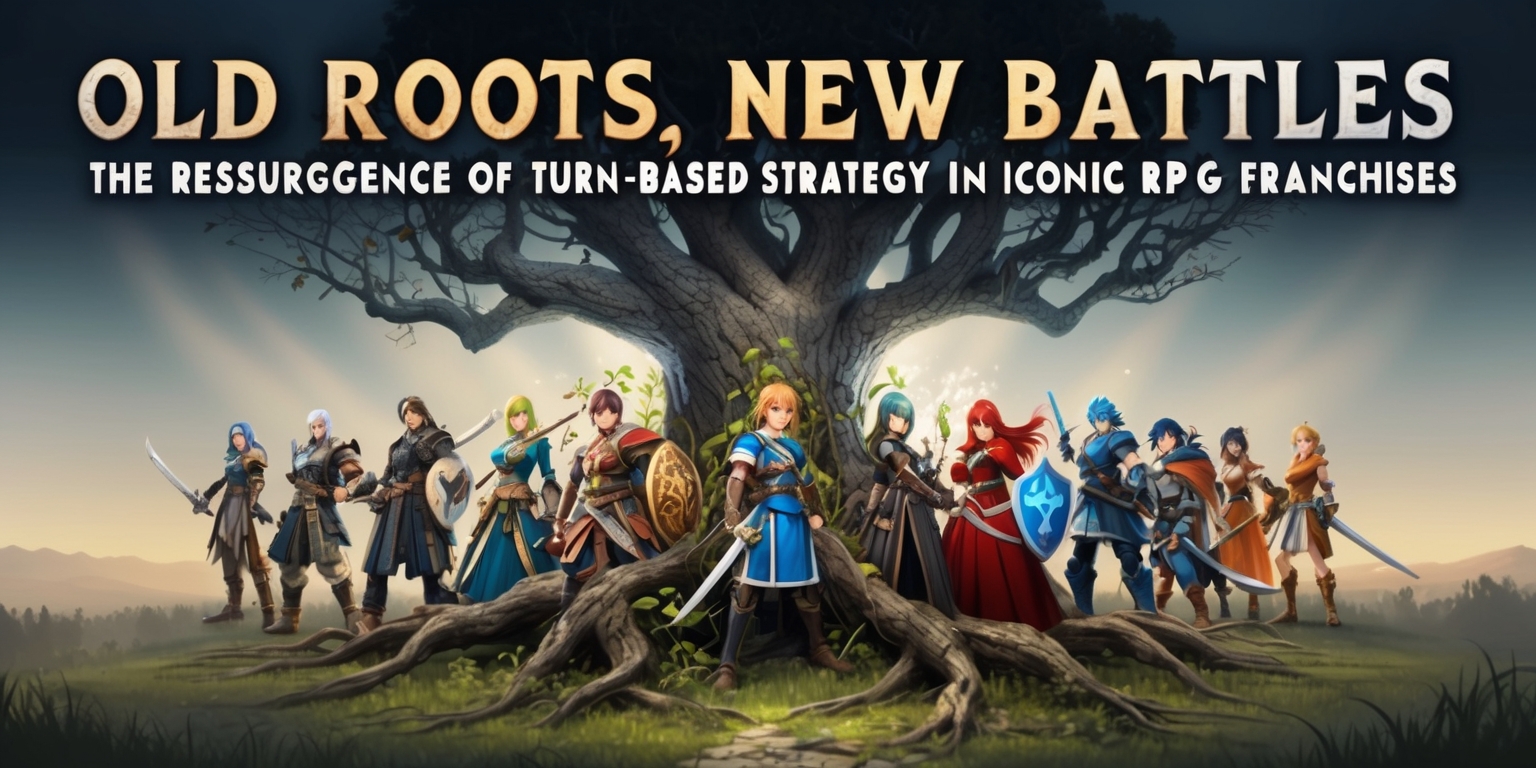 2025-06-26 05:21:47
2025-06-26 05:21:47 Old Roots, New Battles: The Resurgence of Turn-Based Strategy in Iconic RPG Franchises
This discussion opens up a debate about the future of combat systems in some of the most iconic role-playing franchises. The focus is on whether the classic, methodical approach to battles might once again be at the forefront of gameplay in these beloved series.
The past year showcased a remarkable lineup of Japanese role-playing games, with several standout releases. The collection of titles included an HD-2D revitalization of Dragon Quest III, an epic narrative adventure in Eiyuden Chronicle: Hundred Heroes, the quirky and engaging escapades in Mario & Luigi: Brothership, an innovative experience in Metaphor: ReFantazio, a refreshed take on Persona 3, and an expansive world in Like a Dragon: Infinite Wealth.
One aspect uniting these games is their reliance on structured, turn-based combat. Adding to this trend, a French role-playing title known as Clair Obscur: Expedition 33 was introduced in April. Built on similar foundations to its Japanese counterparts, the game quickly earned high marks and strong sales figures.
Recent reports indicate that a notable gaming developer has taken notice of the emerging preference for this style of gameplay. During a shareholders meeting, one investor proposed that future installments of the Dragon Quest and Final Fantasy series adopt a turn-based system, using the positive reception of Clair Obscur: Expedition 33 as a case in point. The company acknowledged the influence of this successful title and reaffirmed that their roots lie in the strategic, turn-based style, hinting at its return in forthcoming projects.
The developer also admitted that three of their most recent major role-playing titles, which feature a more dynamic and active combat system, did not meet sales expectations. This acknowledgment makes it easier to understand why they might experiment with revisiting the time-honored, turn-based approach that has long defined their legacy.
Historically, the Final Fantasy series was characterized by a structured combat system, with the last fully traditional entry being Final Fantasy X (even though titles like Final Fantasy XII and XIII incorporated a variant of a timed battle feature). It is primarily the more recent releases that have shifted toward a real-time combat focus.
As you ponder this, make sure to keep these factors in mind this topic:
- A return to a deliberate combat system could revive a sense of nostalgia and strategic gameplay.
- The legacy of structured battles still holds strong appeal among longtime fans.
- Shifting end-user design preferences might steer future releases in a more measured direction.
Is it time for these timeless franchises to embrace a more traditional approach to combat, offering players the strategic depth they have long cherished?




Leave a comment
Your comment is awaiting moderation. We save your draft here
0 Comments